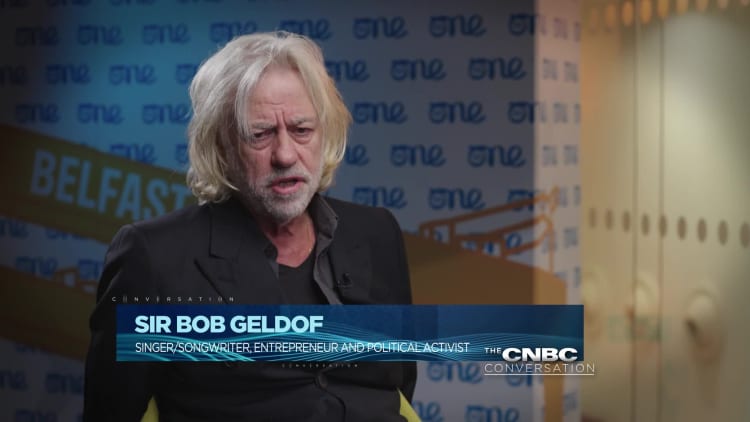Facebook co-founder and Meta CEO Mark Zuckerberg sits in his seat inside a bipartisan Artificial Intelligence Insight Forum for all U.S. senators hosted by Senate Majority Leader Chuck Schumer at the U.S. Capitol in Washington, D.C., on Sept. 13, 2023.
Leah Millis | Reuters
Meta revealed on Tuesday more details about its policies on political ads, including a mandate that advertisers disclose when they use artificial intelligence to alter images and videos in certain political ads.
Nick Clegg, Meta’s president of global affairs, explained the new ad policies in a blog post, characterizing them as “broadly consistent” with how the social networking giant has typically handled advertising rules during previous election cycles.
What’s different for the upcoming election season, however, is the increasing use of AI technologies by advertisers to create computer-generated visuals and text. Expanding on a previous announcement by Meta in early November, Clegg said that starting next year, Meta will require advertisers to disclose whether they have used AI or related digital editing techniques “to create or alter a political or social issue ad in certain cases.”
“This applies if the ad contains a photorealistic image or video, or realistic sounding audio, that was digitally created or altered to depict a real person as saying or doing something they did not say or do,” Clegg wrote. “It also applies if an ad depicts a realistic-looking person that does not exist or a realistic-looking event that did not happen, alters footage of a real event, or depicts a realistic event that allegedly occurred, but that is not a true image, video, or audio recording of the event.”
Critics have previously hammered Meta, most notably during the 2016 U.S. presidential elections, for failing to account for and reduce the spread of misinformation on its family of apps, including Facebook and Instagram. In 2019, Meta allowed a digitally altered video of Nancy Pelosi, which made it look like she was slurring her words from intoxication, to remain on the site, however that video was not an advertisement.
The rise of AI as a way to supercharge the creation of misleading ads presents a new issue for the social networking giant, which laid off large swaths of its trust-and-safety team as part of its cost-cutting efforts this year.
Meta will also block new political, electoral and social issue ads during the final week of the U.S. elections, which Clegg said was consistent with previous years. These restrictions will be lifted the day after the election takes place.
Watch: Musk and Zuckerberg ‘pretty inadequate people.’




